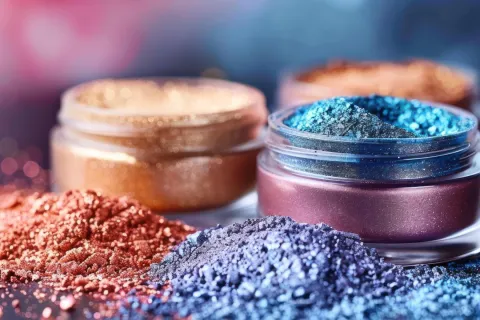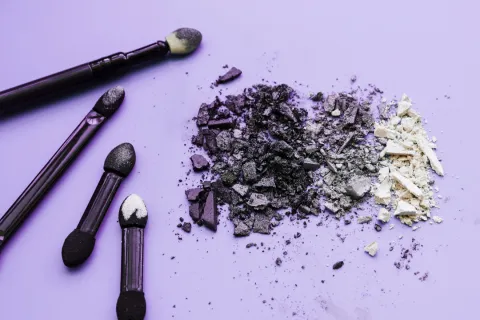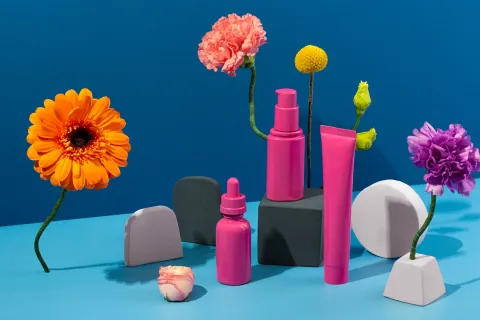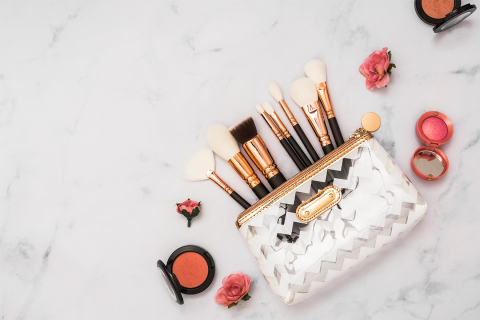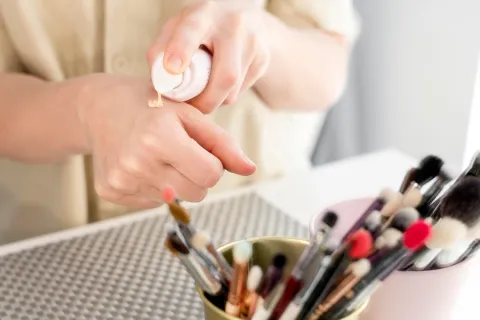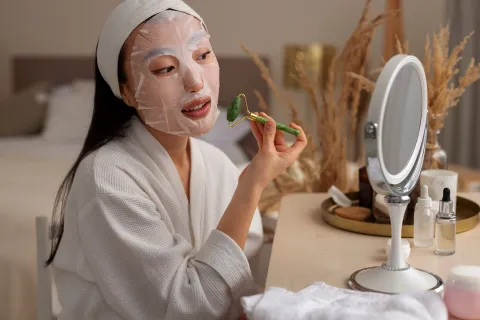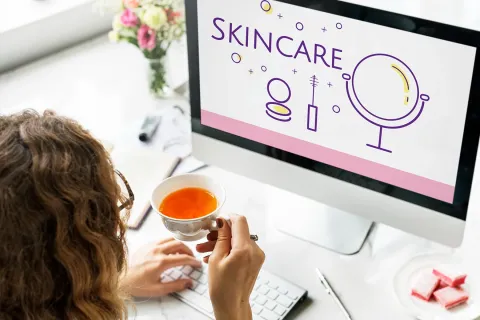
The cosmetic market in Vietnam is a flourishing one, offering a diverse range of beauty and personal care products. The country has established a comprehensive Regulatory framework to ensure consumer safety and uphold product quality. Thus, manufacturers, importers, and consumers must understand the cosmetic Regulatory scenario in Vietnam before setting forth to launch their products.
Regulatory Authority
The Ministry of Health (MoH), specifically the Drug Administration of Vietnam (DAV), is the central authority overseeing cosmetic regulations in Vietnam. The regulations are governed by Decree 06/2011/ND-CP and Circular 06/2011/TT-BYT. The two (02) key legal documents outline the requirements for cosmetic product registration, labeling, safety assessment, and manufacturing practices.
Registration
Manufacturers and importers must obtain product registration from the MoH before legally marketing their cosmetic products in Vietnam. This involves submitting detailed information on a product’s formulation, ingredients, labeling, and safety data. The MoH assesses these submissions to ensure their compliance with the relevant safety and quality standards.
Labeling Guidelines
Cosmetic product labels in Vietnam are regulated to provide consumers with clear and accurate information. The labels must be in Vietnamese and should include the product name, ingredients, usage instructions, and safety warnings. Special attention needs to be given to cosmetic products intended for children and those containing specific ingredients.
Safety and Quality
Vietnam recognizes the significance of international standards in ensuring product safety and quality. The country often aligns with guidelines from international organizations, such as the Association of Southeast Asian Nations (ASEAN) Cosmetic Directive (ACD) to harmonize regulations across all the Southeast Asian countries.
Quality control is the cornerstone of Vietnam’s cosmetic regulations. While Good Manufacturing Practices (GMPs) compliance is not mandatory, it is highly encouraged for manufacturers to ensure consistent quality throughout the production process.
To sum up, the cosmetic Regulatory scenario in Vietnam prioritizes consumer safety and product quality. Adhering to the regulations established by the MOH and the DAV guarantees that cosmetic products meet stringent standards before reaching the market. Partnering with an experienced service provider like Freyr can help you simplify the process and navigate the complex Regulatory landscape of Vietnam!
